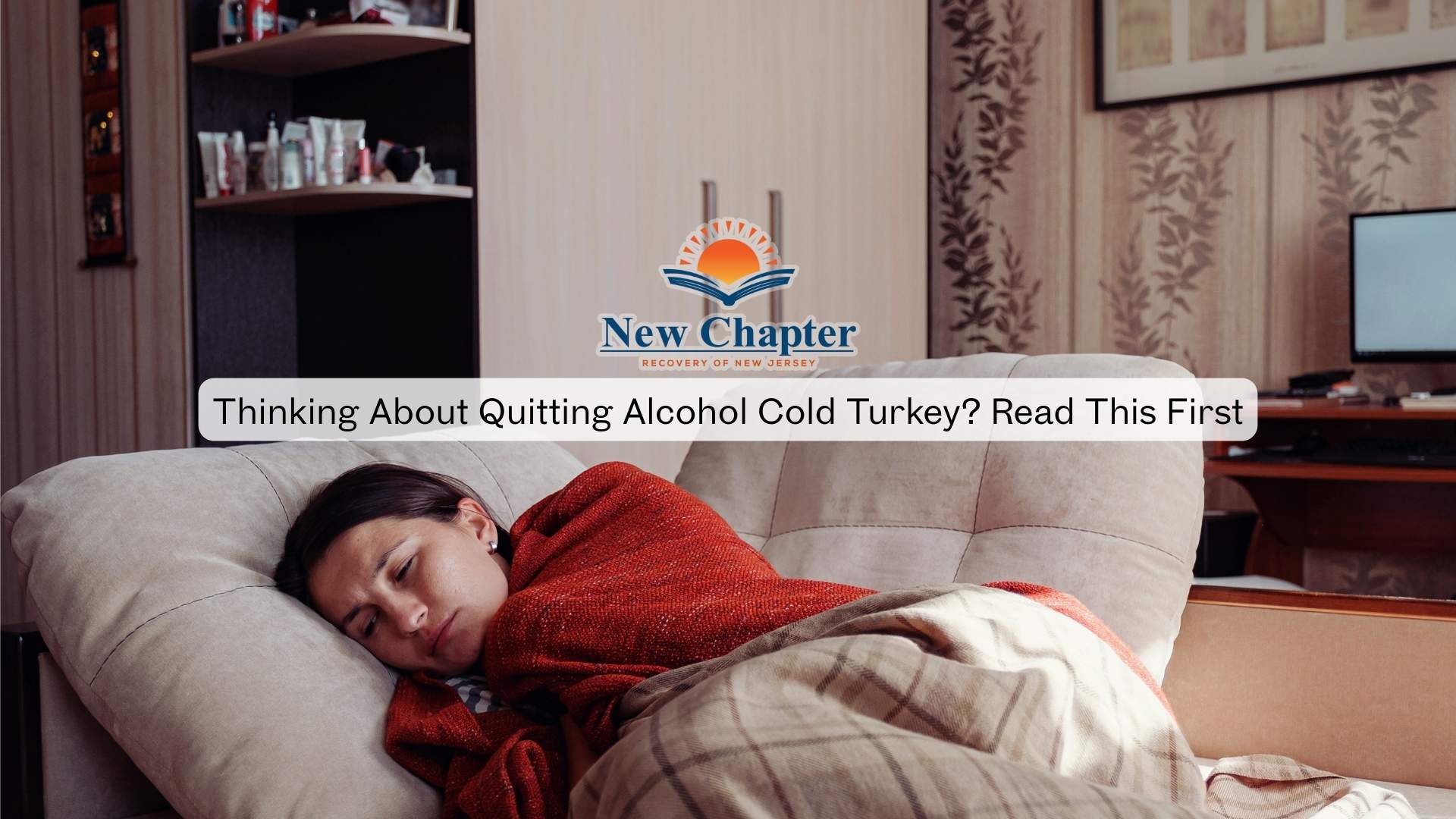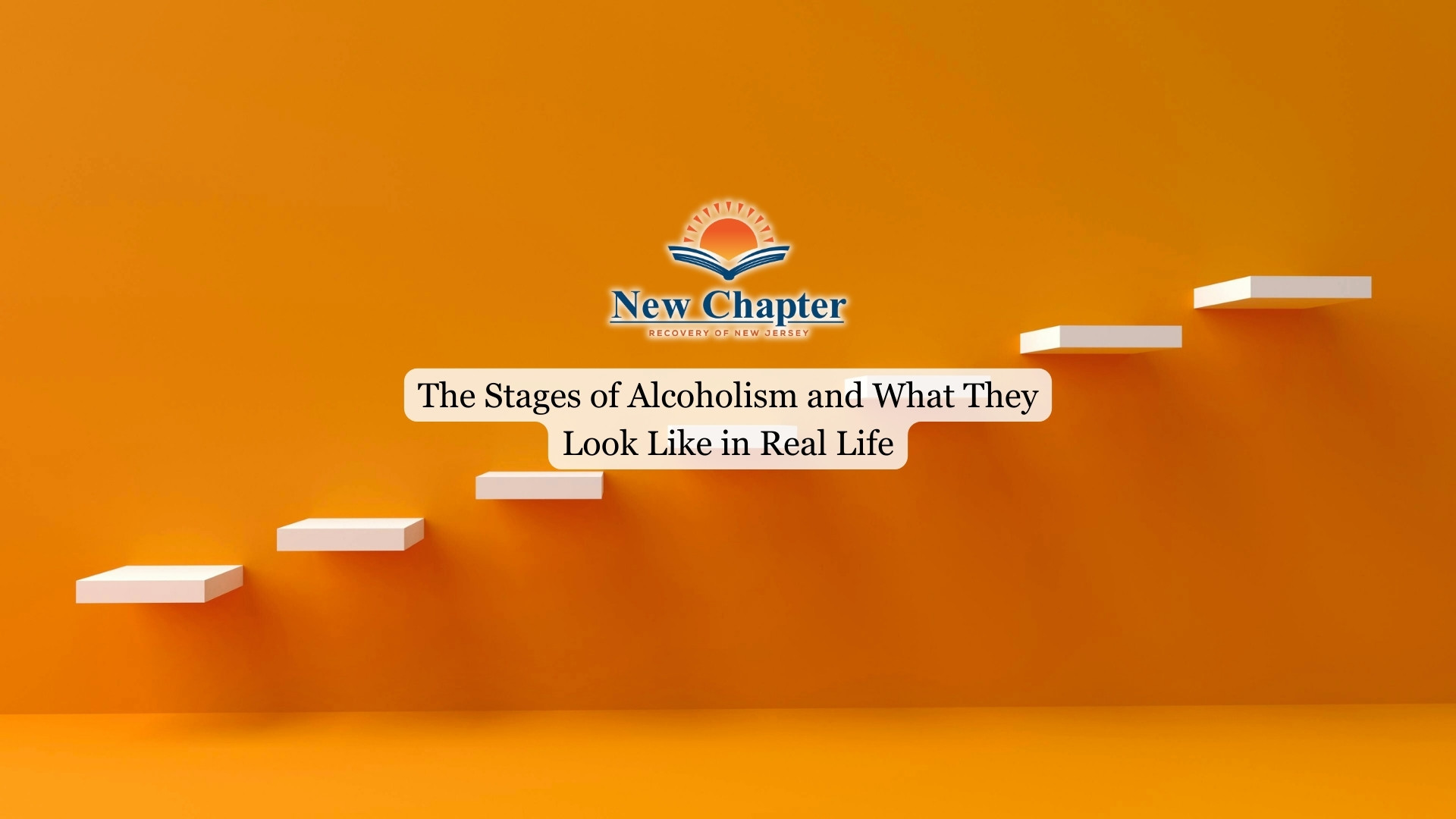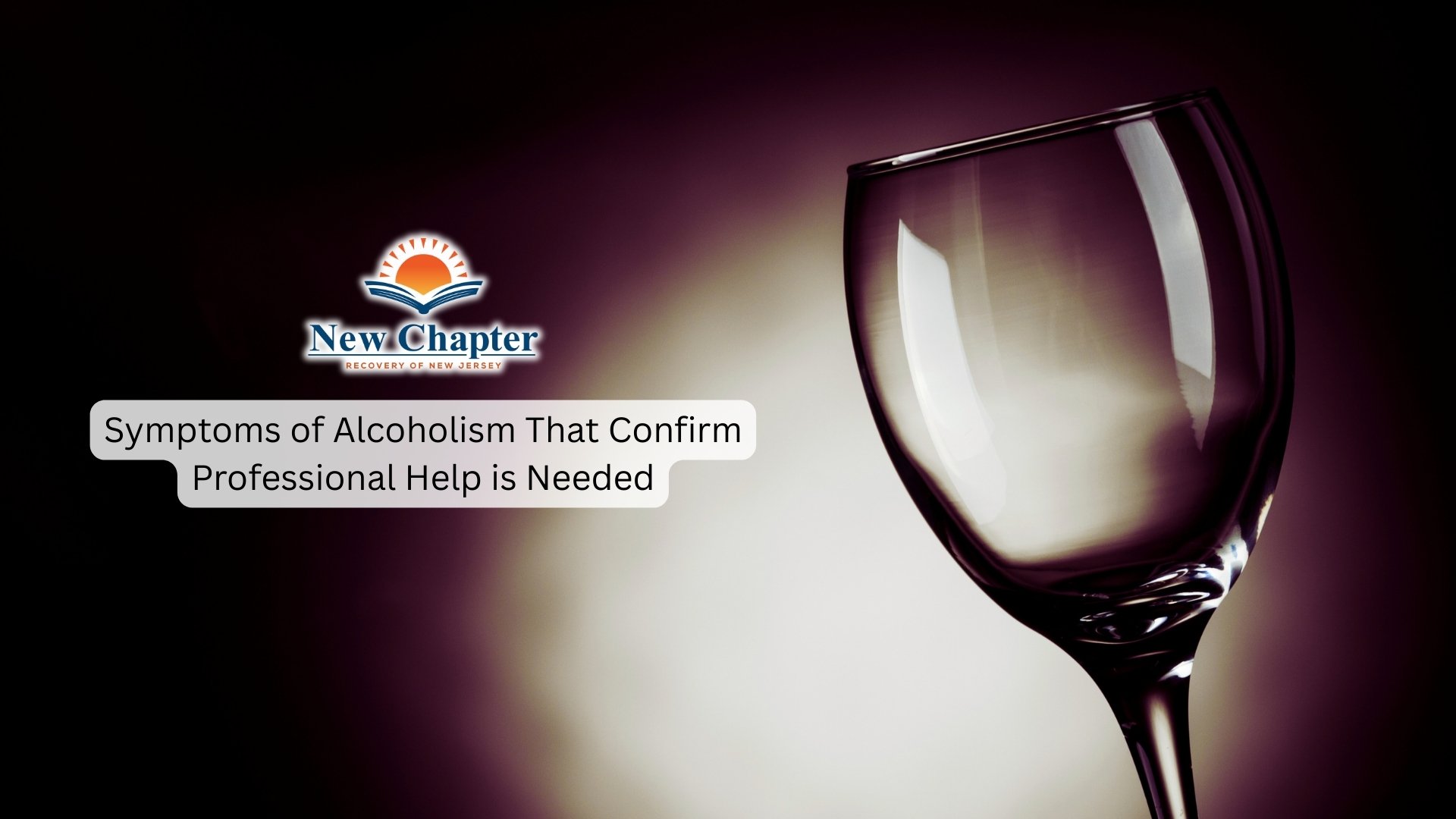Addiction is a chronic disease that affects both physical and mental health, making it difficult for individuals to recognize when they need help. Many people struggle with substance use disorder for years before seeking addiction treatment.
Whether you or someone you know is struggling with addiction, understanding the warning signs can help determine when it’s time to seek help from a healthcare provider or mental health professional.

Table of Contents
Toggle- Understanding the Physical Warning Signs
- Behavioral Red Flags
- Psychological Indicators of Addiction
- Social and Relationship Changes
- Professional and Financial Impact
- The “High-Functioning” Addict: Hidden Signs
- Self-Assessment Questions
- Barriers to Getting Help for Drug Addiction
- Substance Use Disorder Management and Treatment Options
- Final Thoughts from New Chapter Recovery
Understanding the Physical Warning Signs
One of the first indicators of substance abuse is a change in tolerance and consumption patterns. Individuals may need higher doses of a substance to achieve the same effect. This escalation increases the risk of dependence and withdrawal symptoms, such as nausea, sweating, anxiety, and irritability when not using.
Physical health deterioration is another critical sign. Drug use and alcohol misuse can lead to weight loss, chronic fatigue, weakened immune function, and other serious health issues. Sleep disturbances, such as insomnia or excessive drowsiness, are also common among those with substance use disorder.
Behavioral Red Flags
Addiction may cause individuals to prioritize substance use over personal and professional responsibilities. Many continue to use it despite experiencing negative consequences, such as job loss, strained relationships, or legal trouble. Despite attempts to cut down or quit, cravings often lead to relapse.
A key behavioral indicator is the amount of time spent obtaining, using, or recovering from substance use. When substance use dominates daily life, it becomes increasingly difficult to maintain relationships, employment, or financial stability.
Psychological Indicators of Addiction
Many individuals turn to substances as a way to cope with stress, trauma, or an underlying mental health condition. Over time, drug addiction rewires the brain’s reward system, making it harder to experience pleasure without substances. This can result in cravings, mood swings, irritability, and personality changes.
Denial is another significant sign of addiction. Individuals may minimize their substance use despite clear evidence of its negative effects. Obsessive thoughts about using, planning the next dose, or feeling anxious when unable to use are also strong indicators that professional treatment is needed.
Social and Relationship Changes
Substance use disorder often leads to conflicts with family, friends, and colleagues. A loved one may express concern about noticeable changes in behavior, but the individual struggling with addiction may dismiss or deny the problem.
Many withdraw from social activities they once enjoyed, preferring isolation or spending time only with others who misuse substances. Secretive behavior, dishonesty about drug use, and avoiding accountability further indicate the severity of the addiction.
If you notice these warning signs in someone you care about, it’s important to understand effective ways to offer support while maintaining your own well-being and boundaries.
Professional and Financial Impact
Addiction can take a serious toll on work or academic performance. Declining job productivity, missed deadlines, and absenteeism often lead to job loss or disciplinary action. In severe cases, individuals may take financial risks to obtain substances, leading to debt, unpaid bills, or even legal trouble due to substance use.
Legal issues, such as DUI charges or arrests related to drug use, are common consequences of addiction. These challenges can create long-term difficulties and further complicate recovery efforts. Seeking addiction treatment can help individuals regain control before their situation worsens.
The “High-Functioning” Addict: Hidden Signs
Some individuals maintain outward success while struggling privately with addiction. This is common among those who compartmentalize substance use from other areas of life, such as work or family.
Early morning or secret use and rationalization of behaviors can indicate a problem. Many high-functioning individuals convince themselves they are not addicted because they maintain responsibilities. However, continued use despite negative consequences suggests otherwise.
Self-Assessment Questions
If you or someone you know is struggling with substance use, asking the following questions may help determine if professional help is needed:
- Have you attempted to quit or cut back but failed?
- Is substance use interfering with work, relationships, or responsibilities?
- Do you experience withdrawal symptoms when not using?
- Has drug use led to risky or harmful behavior?
Answering “yes” to multiple questions may indicate a substance use disorder. Speaking with a mental health professional or addiction specialist can help diagnose the severity of the condition and develop a personalized treatment plan.

Barriers to Getting Help for Drug Addiction
Many individuals resist treatment due to stigma, fear, or misconceptions. Some believe seeking help is a sign of weakness, while others worry about the cost or time commitment. However, addiction is a chronic disease that requires professional care, just like any other serious health condition.
Practical challenges, such as financial concerns or work obligations, can prevent individuals from seeking treatment. Many addiction treatment programs offer flexible options, including intensive outpatient programs, medication-assisted treatment, and support groups, to accommodate different needs.
Substance Use Disorder Management and Treatment Options
Treatment options vary depending on the severity of addiction and individual circumstances. Detox programs provide medical supervision for withdrawal symptoms, ensuring safety during the initial phase of recovery. Inpatient treatment offers structured care for those requiring intensive support, while outpatient programs allow individuals to receive treatment while maintaining daily responsibilities.
Medication-assisted treatment (MAT) can help reduce cravings and withdrawal symptoms, especially for opioid or alcohol use disorders. Therapy, including cognitive-behavioral therapy and group counseling, addresses underlying mental health conditions and helps individuals develop coping strategies.
Final Thoughts from New Chapter Recovery
Recognizing addiction and seeking help is the first step toward recovery. At New Chapter Recovery, we offer medical detox, inpatient rehab, IOP, and aftercare support to address substance use disorders.
Our team provides personalized treatment plans using evidence-based therapies, medication-assisted treatment, and faith-based recovery options to support long-term recovery. Whether facing opioid addiction, alcohol use disorder, or substance abuse, we ensure individuals receive the care they need.






